Depiction of the early life of Devsahaym Pillai
Devasahayam Pillai was born in Tamil Nadu in India on April 23, 1712, and died on January 14, 1752. Devashayam Pillai was originally from a Hindu Nair family at Nattalam in Kanyakumari district, which was part of the erstwhile Travancore kingdom. He was converted to Christianity by a Dutch naval commander. After conversion, his name was changed to Lazarus.
The Church narrative regarding the death of Devasahayam Pillai
In the year 1745, Devasahayam was converted to Christianity by one Fr. Giovanni Battista Buttari of Vadakkankulam Church. On becoming a Christian, he adopted the name Devasahayam Pillai and moved closely with the people belonging to the lower castes and converted them to Christianity too. Not able to tolerate these acts, the people belonging to the upper castes like the Brahmins and Nairs instigated the king and levelled a spate of allegations upon him. Consequently, Devasahayam Pillai was arrested on February 23, 1749. Between the three years 1749 and 1752, Devasahayam Pillai was put to untold tortures and finally, at a place called Kattadimalai, on the Nagercoil-Tirunelveli road, near Aralvaimozhy, he was shot dead on January 14 by the soldiers of King Marthanda Varma Raja.
Hidden facts
However, B R Gauthaman, HR professional and research scholar, has written an article in which he has exposed the Church's falsehood regarding Devasahayam Pillai. He has questioned the motive behind the beatification of Devasahayam Pillai.
He wrote, "A martyr is none but a Warrior who enlists himself in the army of the Pope, who reigns in Europe thousands of kilometres away from Kanyakumari; and this 'valiant martyr' thrives on the conquest and conversion of the vanquished and in the process sacrifices his life. The 2nd-century church father Tertullian wrote that "the blood of martyrs is the seed of the Church," implying that the martyrs' willing sacrifice of their lives leads to the conversion of others."
B R Gauthaman further quoted Pope John Paul II and raised questions about some words used by Pope John Paul II. He wrote, Pope John Paul II said, "The Church of the first millennium was born out of the blood of martyrs", he said and called on the universal Church not to forget the legacy of martyrs. He urged taking up "these nameless, unknown soldiers as it were of God's great cause."
B R Gauthaman raised the following questions on the phrases - "nameless, unknown soldiers".
- To which army do these warriors belong?
- For whose cause is this army waging war?
- Which nation is this marauding army conquering?
- Which culture is this army destroying?
- What is its motive?
In explaining the above questions, B R Gauthaman wrote, "The deeds of this army explain themselves. And to commit these very deeds alone, the religion resting on the persona of Jesus Christ became a handmaiden for the ruthless army. The question then arises about the role and functions and the very purpose of this religion."
Criticizing the Church narrated story regarding Devsahayam Pillai, Researcher B R Gauthaman wrote, "A Religion is one which elevates a person to a conscious state of his/her humanness, and from there on raises humans to a state of Divinity. There are no two opinions on this. If religion were to adhere to the above enunciated and accepted principle, then it deserves to call religion. However, if the core objective of this 'religion' is conquering lands and nations, the question arises, what should people belonging to this religion be called?"
He further wrote, "In the process of conquering nations, when these marauders attempt to convert the natives to Christianity through fraudulent means and threats, and when the natives retaliate and kill some of these "warriors", such 'foreign legions' who have been killed by the natives are those glorified by the Church establishment as martyrs."
Criticism of Sainthood declaration
Devasahayam Pillai was one of the ten persons declared as Saint by Pope Francis. Some miracles have been considered to declare a person a Saint by Pope. The Roman Catholic Church committee decides whom to be called Saint. Christian devotees have no role in this process. Many researchers have criticized this process. They called it nothing but superstition. According to them, the two miracles considered for one's sainthood are unscientific and unproven. Moreover, no one can challenge the declaration of one's sainthood.
Sources
B R Gauthaman, Fable of ‘Martyr’ Devasahayam Pillai: Church’s lies exposed, Vijayvaani, December 8, 2012. (https://www.vijayvaani.com/ArticleDisplay.aspx?aid=2589)

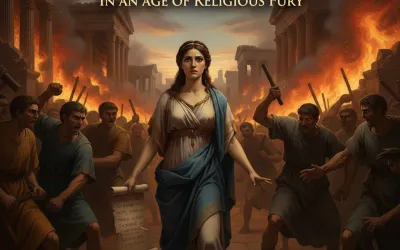
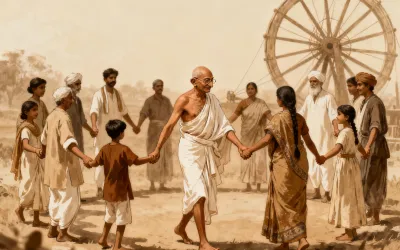
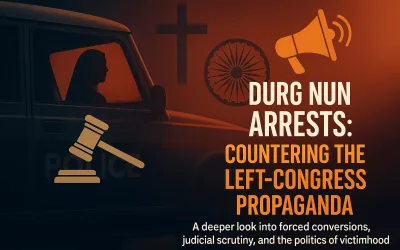
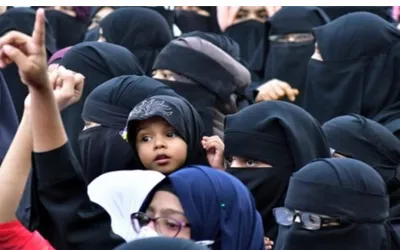
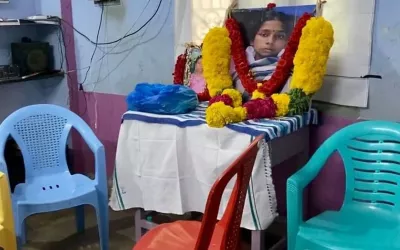
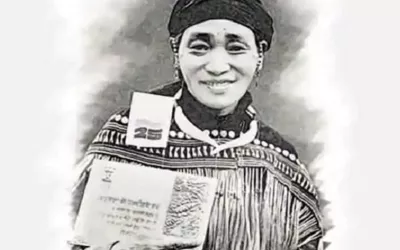
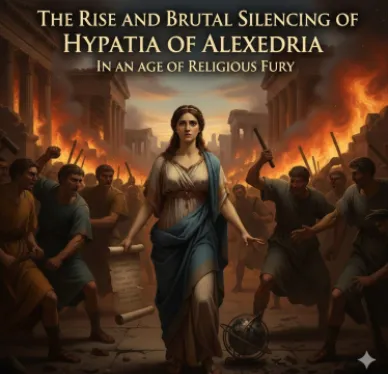

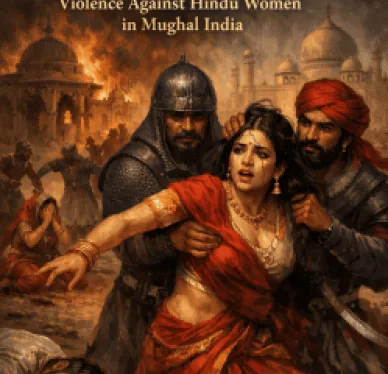
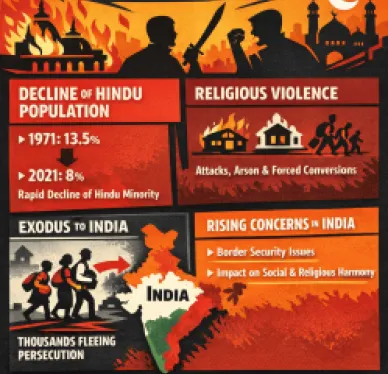
Comments
Add new comment